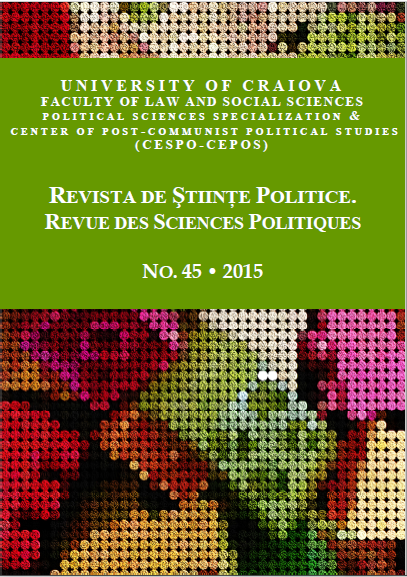Defining the New Economics of Labor Migration Theory Boundaries: A Sociological-Level Analysis of International Migration
Defining the New Economics of Labor Migration Theory Boundaries: A Sociological-Level Analysis of International Migration
Author(s): Alexandra PorumbescuSubject(s): Labor relations, Migration Studies, Socio-Economic Research
Published by: Editura Universitaria Craiova
Keywords: migration; theory; labor; economics; communities;
Summary/Abstract: Appeared among the theories explaining international labor migration only by the end of the former century, the new economics of labor migration questions some of the ideas and principles considered in the creation of the neoclassic theory, either by arguing against them, or by simply completing them. The starting point of this new approach is being represented by the idea that the emigration decision is not being made at an individual level, but rather along important human groups, such as families or households. The members of this groups act in common, not only to maximize their incomes, but also to minimize their risks and overcome limitations occurred as a consequence of the failures of the national markets, not necessarily in the labor market. This paper explains the main ideas on which this theory is based and makes a current analysis on whether this ideas are still accurate and have the capacity to explain the evolution of contemporary international migration.
Journal: Revista de Științe Politice. Revue des Sciences Politiques
- Issue Year: 2015
- Issue No: 45
- Page Range: 55-64
- Page Count: 10
- Language: English

